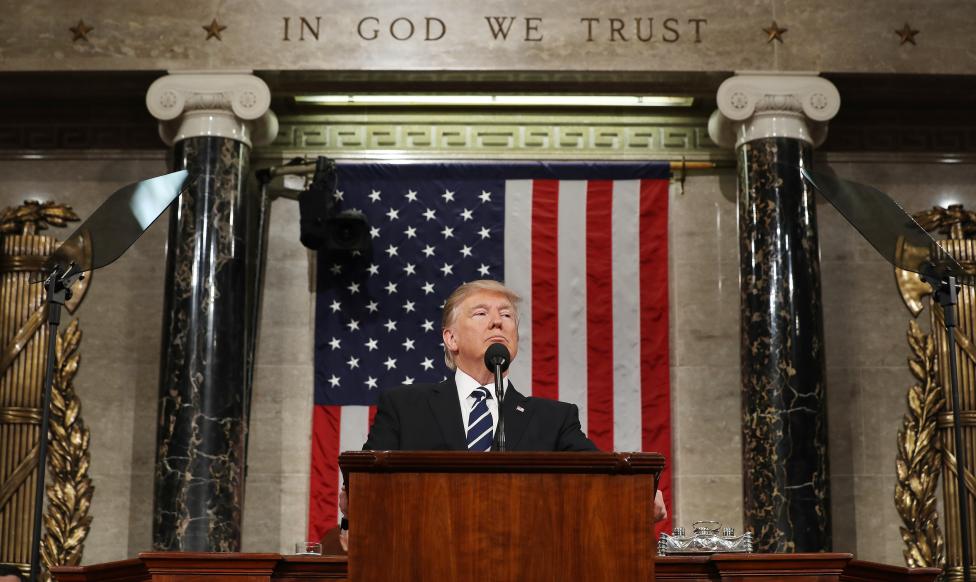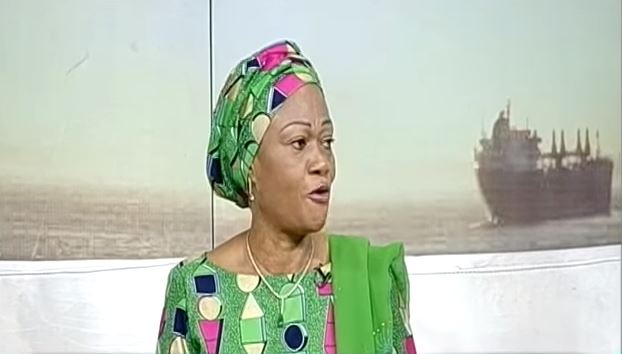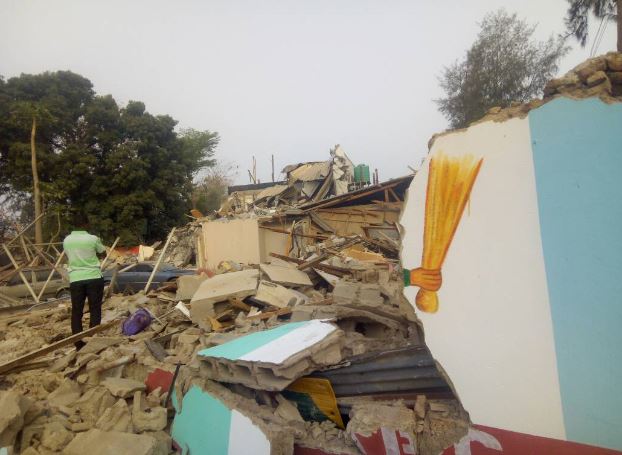Kemi Adeosun, minister of finance, has moved to forestall a major international setback for Nigeria following an imminent default in private sector loans guaranteed by the federal government.
TheCable understands that Azura Power and Seven Energy, two key players in power and gas, have been unable to settle their December 2017 invoices regarding foreign loans that enjoy the World Bank partial risk guarantee (PRG) signed by the Federal Government of Nigeria (FGN).
This has set the federal government in panic mode, with Adeosun writing to the Nigerian Bulk Electricity Trading (NBET) Plc to “urgently address the situation and settle the invoices”.
NBET is the federal government-owned guarantor that buys electricity from generating companies (GenCos) and resells to distribution companies (DisCos).
Advertisement
Adeosun, in a letter dated February 13, 2018, warned that if the invoices are not settled, “a default by the FGN in the Partial Risk Guarantees will not only significantly impact Nigeria’s borrowing ability in the International Capital Market but also increase our cost of borrowing”.
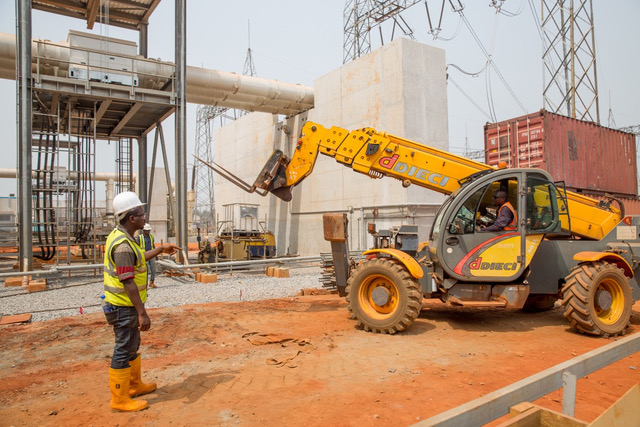
She said in the light of these implications, “NBET and Niger Delta Power Holding Company (NDPHC) are requested to urgently address the situation and settle the December invoices for Azura and Seven Energy through (i) Collections from Distribution Companies; and (ii) Recourse to funds held by the two Corporations.”
CONTROVERSIAL GUARANTEES
Advertisement
In August 2014, a federal government circular No. SGF/OP/1/S3/X/737 issued by Anyim Pius Anyim, then secretary to the government of the federation, had directed that a “specimen indemnity clause” be inserted into all contracts and agreements entered into by FGN with foreign entities.
This, he said, was “to provide additional protection to the Federal Government Nigeria and some of its separate legal entities such as the CBN, NNPC and NSIA whose assets may be liable to attachment in enforcement proceedings in foreign jurisdictions”.
Ngozi Okonjo-Iweala, then minister of finance, had sought the legal opinion of Mohammed Bello Adoke, then attorney-general of the federation (AGF), on the put-call option agreement (PCOA) signed with Azura Power — which included the PRG.
Adoke, TheCable learnt, reminded the minister of the SGF circular on the need to indemnify the federal government and prevent its assets from becoming vulnerable in the event of default.
Advertisement
The PCOA was eventually signed without Adoke’s legal opinion which was necessary to activate the agreement.
However, TheCable understands that when President Muhammadu Buhari assumed office in 2015, pressure was mounted on Abdullahi Yola, the then solicitor-general of the federation, by top presidency officials to give a favourable legal opinion.
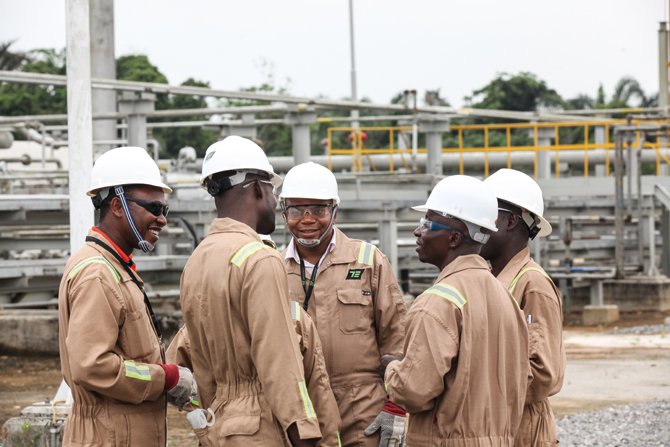
At the time there was no attorney-general.
Yola then wrote a different legal opinion early August 2015, finally confirming the validity of the PCOA.
Advertisement
Thereafter, also in August 2015, the federal government signed off its backing of a $237 million World Bank PRG for the construction of the 450 megawatts Azura-Edo Independent Power Plant (IPP) — celebrated as the first of a series of new IPPs to drive growth in the power sector.
The Azura-Edo IPP is the Phase 1 of a 1,500mw IPP facility, whose groundbreaking was performed by then President Goodluck Jonathan in October 2014.
Advertisement
The lenders include JP Morgan, Standard Chartered Bank, Rand Merchant Bank, Standard Bank and Siemens Bank.
In November 2016, the federal government also signed a $112 million World Bank PRG for the supply of natural gas to the 560mw National Integrated Power Project (NIPP) in Calabar, Cross River state, by Seven Energy.
Advertisement
The PRG was to secure the supply of up to 130 million cubic feet per day of natural gas to Calabar and enable the regular generation of an additional 560mw to the national grid.
With the defaults, Adeosun said in her letter that “it is strongly expected that both NBET and NDPHC treat these payments as a priority and meet all payment deadlines to avoid drawdown on the Guarantees”.
Advertisement
Copied in the letter are Vice-President Yemi Osinbajo and Babatunde Fashola, minister of power.
Add a comment

